On 5 July 1948, Health Minister Aneurin Bevan, walked into Park Hospital in Manchester to launch the National Health Service The hospital, now called Trafford General Hospital, was a symbol of the ambitious plan to make healthcare available to everyone, which would be free at the point of use and paid for out of general taxation As things stand, the planned costs need to be met from within the current DHSC budget, meaning the increase to the remaining DHSC resource and capital budget combined (total DEL) will be just 27% in real terms next year, to £1327bn This is significantly less than the longrun average of 37% Key Facts • In 18, £ billion was the cost of prescriptions dispensed in the community A decrease of 37% (£3366 million) from £92 billion in 17 • In 18, 11 billion prescription items were dispensed in the community An
1
In 2018/19 how much did the department of health and social care spend nhs
In 2018/19 how much did the department of health and social care spend nhs-Here, Dr George Campbell Gosling explores what it was like to be NHS mandate 18 to 19 These stem from budgetary controls that HM Treasury applies to the Department of Health and Social Care (COVID19




Chart Of The Week How Much Additional Money Has The Pandemic Response Cost The Nhs So Far The Nuffield Trust
Percentage of national income Health spending has increased considerably over time, rising from £134 billion in 1949–50 to £1560 billion in 18–19 (19– prices) This growth in health spending has outstripped growth in the wider economy As a result, health spending has also increased as a share of national income, more than doublingFigure 1 Flow of funding in the health and care system, 1819 (Budgeted Position) Funds voted by Parliament* £1319bn Department of Health & Social Care Resource DEL £1259bn Hospital use accounted for 537% of the total cost at list price in 18/19 This is a value of £102 billion, and has increased from £92 billion in 17/18, when hospital use accounted for 503% of the total cost at list price Cost at list price does not include discounts and is not necessarily the price the NHS paid
Public health and social care funding increase The promise of £5 billion is only for NHS England, not for the Department of Health and Social Care as a whole In September 19 the funding for the other areas within the Department of Health and Social Care, including public health, IT, and training, were announced for the coming year /21 In the same period, real public spending on social care fell by 1% and spending on adult social care fell by 64%2 As a result of the great fiscal pressure facing the National Health Service (NHS), there has been an increased effort to improve the efficiency of the health system by various means including, but not limited to, reductions inTo manage the NHS Supply Chain in 18 Before the pandemic, local health and care providers bought PPE either directly from suppliers or through the NHS Supply Chain Trusts spent around £146 million on PPE in 19, including £61 million through the NHS Supply Chain The Department set targets for the NHS Supply Chain to increase its share
DHSC spent around £70bn on procurement in 18/19, up from £6bn the previous year 3 In July 18, the Prime Minister announced a new fiveyear funding deal that would see NHS funding rise by £339 billion in cash terms (ie, not adjusted for inflation) by 23/24 compared to 18/19, a rate of increase that is closer to,9 July 19 Total health spending in England was around £129 billion in 18/19 and is expected to rise to nearly £134 billion by 19/, taking inflation into account In 18/19 around £115 billion was spent on the NHS England budget The rest was spent by the Department of Health on things like public health initiatives, education, training, and infrastructure (including IT and building new



Nhs Expenditure House Of Commons Library
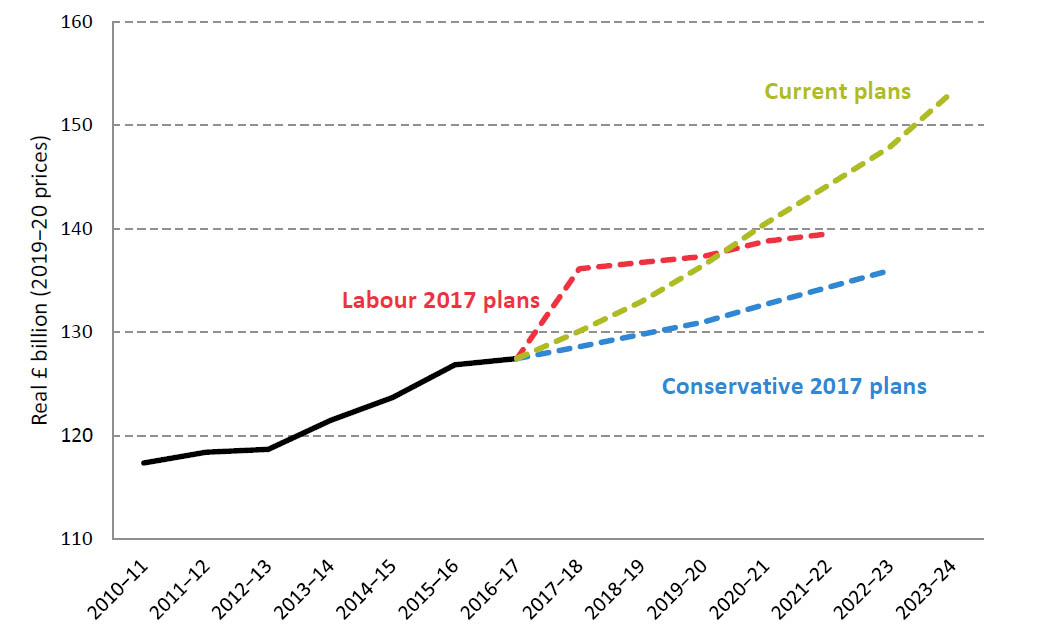



Nhs And Social Care Election 19 Ifs
Public spending on health increased from 77% of total public spending in the mid1950s (and 104% of public service spending) to 134% in 1999−00 (2% of public service spending), to 179% in 18−19 (259% of public service spending) Department of Health and Social Care spending has only just met demographic pressures since 09−10 In 18/19 the Department for Health and Social Care spent £1303 billion This money is used to fund a wide range of health and care services including public health, GP services, training, vaccinations, ambulance, mental health, community, hospital and some parts of nonNHS health and social care services £29 billion of the Department for Health and Social Care'sSource Department of Health and Social Care annual reports, autumn 18 budget a Per autumn 18 budget In January 19, NHS England released The NHS Long Term Plan, which outlines a 10year vision based on its recent funding settlementHowever, as the capital budget is not part of NHS England, but is determined by the DHSC, The NHS Long Term Plan did not



National Health Service Wikipedia
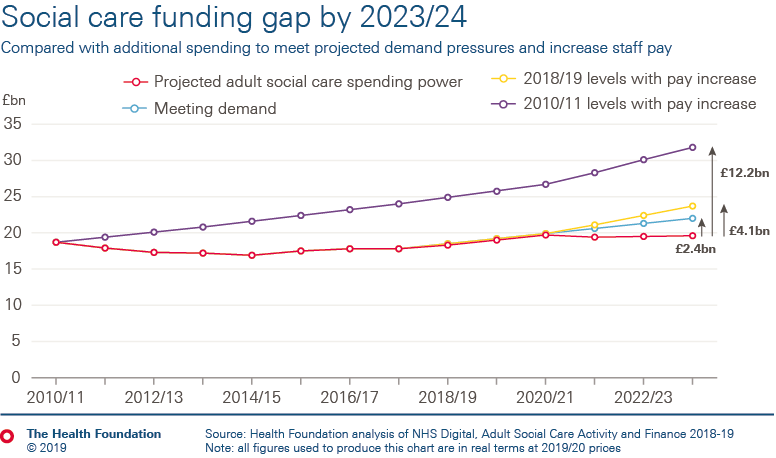



Health And Social Care Funding The Health Foundation
1718 has seen the Department of Health become the Department of Health and Social Care, with the move of longterm social care strategy back to the Department We have made good progress towards our vision for the Departments future, enhancing our role as a great Department of State leading the health and care system effectively The Main Estimates for Department for Health and Social Care (DHSC), published in April 18, set out a Resource DEL (daytoday spending) budget of £1235 billion in 1819, this is 18% above last year's budget of £1213 billion as In the UK, publicly funded social care is mainly paid for by local councils, not the NHS In 1718, local authorities in England spent £213bn on social care




Health And Social Care Funding Explained The Health Foundation




How Is The Nhs Structured The King S Fund
2 Future funding is based on NHS England's 1819 budget of £1138 billion plus an additional £08 billion funding for pay awards 3 Percentages rounded to one decimal place Source National Audit Office analysis of Department of Health & Social Care data 1516 1617 1718 1819 19 21 2122 2223 2324 26 31 2 1 NHS England's total budget in 1819 was £129bn This is often because a child injured at birth will need a lifetime of care The Department of Health said there had been no The National Health Expenditure Accounts (NHEA) are the official estimates of total health care spending in the United States Dating back to 1960, the NHEA measures annual US expenditures for health care goods and services, public health activities, government administration, the net cost of health insurance, and investment related to health care




Chart Of The Week How Much Additional Money Has The Pandemic Response Cost The Nhs So Far The Nuffield Trust




Government Budget Uk Statista
By 16 this had risen to 21 and 23 years, respectively Over the last century, life expectancy in England and Wales has increased by almost three years every decade Men born in the early 1950sGovernment expenditure on health care, which includes spending by the NHS, local authorities and other public bodies financing health care, was £1667 billion in 18 (Figure 2) This equated toThe presentation of data on NHS expenditure is flawed, writes David Rowland, which prevents policymakers from having a clear understanding of where money within the system is goingHe estimates that in 18/19, the amount spent by NHS England on the independent sector was around 26% of total expenditure, not 7% as widely reported




The National Health Service And Social Care Systems Institute For Fiscal Studies Ifs
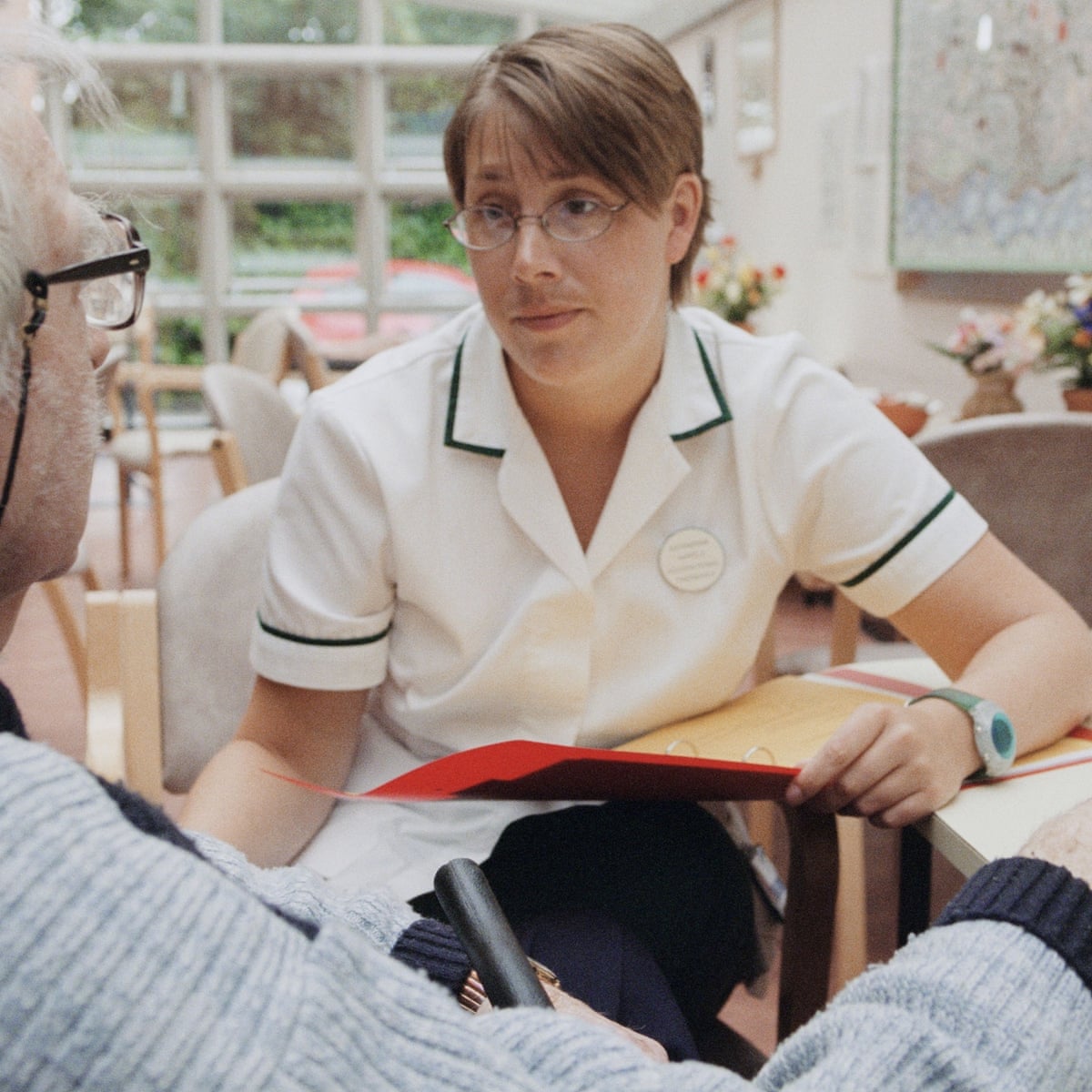



Emergency Cash For Social Care In The Budget Is No Reason To Celebrate David Brindle The Guardian
1011 The initial RDEL budget for 1819 is £1235bn –this is represents 31% increase compared to 1011 Total increase in DHSC Resource DEL budget 18% Breakdown of changes in budget from 1718 to 1819, £m 1 2 1 2 Department of Health and Social CareDHSC spent around £70bn on procurement in England in 18/19, up from £6bn the previous year (spending is devolved in Scotland, Wales and Northern Ireland) The vast majority of this is NHS spendingNHS bodies mostly buy services from other NHS bodies, but some are delivered by the private and voluntary sector (which account for 73% of overall Department of Health and Social Care (DHSC) spending) 2 How much does it spend?
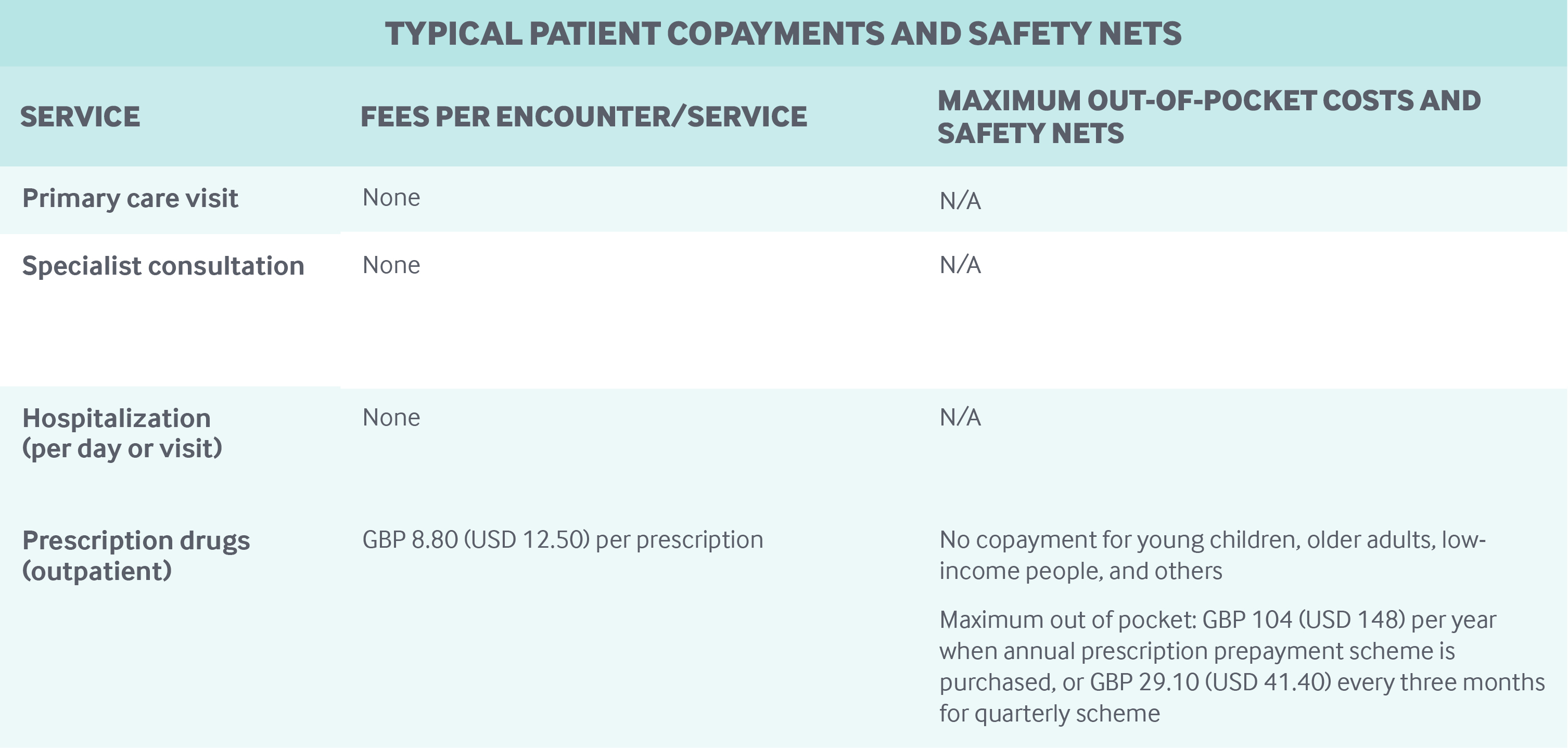



England Commonwealth Fund




The Truth Behind Boris Johnson S Money For The Nhs Fund Our Nhs
NHE grew 46% to $38 trillion in 19, or $11,5 per person, and accounted for 177% of Gross Domestic Product (GDP) Medicare spending grew 67% to $7994 billion in 19, or 21 percent of total NHE Medicaid spending grew 29% The NHS at a glance The planned budget for the Department of Health and Social Care for 19/ is £1393 billion, £54 billion more than it was in 18/19 In 19, the NHS employs more than 12 million people in the UK The average staff member working full time earns a basic salary of £32,000Expenditure on the NHS has risen substantially since it was established on 5th July 1948 In the first full year of its operation, the Government spent around £114 billion in today's prices on health in the UK In 18/19, the figure was over ten times that amount at £1529 billion Growth in health expenditure has far outpaced the rise in both GDP and total public expenditure each increased



Debate On Spending Of The Department Of Health And Social Care And The Ministry Of Housing Communities And Local Government On Health And Social Care House Of Commons Library
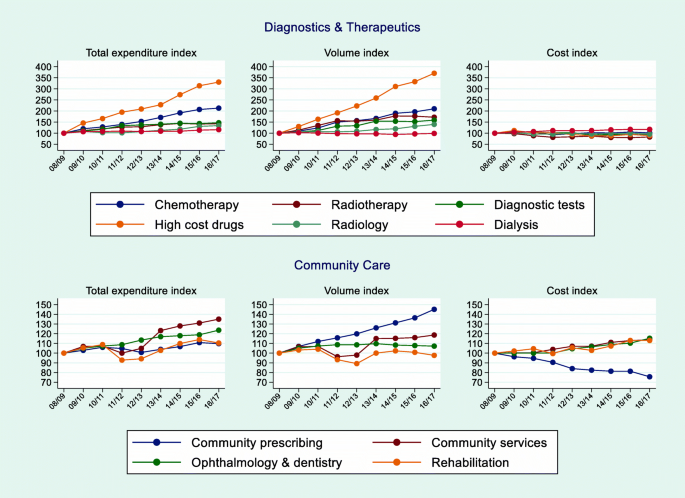



Trends In And Drivers Of Healthcare Expenditure In The English Nhs A Retrospective Analysis Health Economics Review Full Text
How much does it spend? Expenditure on the NHS has risen rapidly and consistently since it was established on 5th July 1948 In the first full year of its operation, the Government spent around £114 billion in today's prices on health in the UK In 18/19 the figure was over ten times that amount atThe Department of Health and Social Care (DHSC) with £171bn, which covers NHS funding and public health in England (health care is devolved to Scotland, Wales and Northern Ireland) the Department for Education (DfE) with £107bn, which covers schools, and furtherand higher education Spending by DHSC has risen the most quickly over recent years
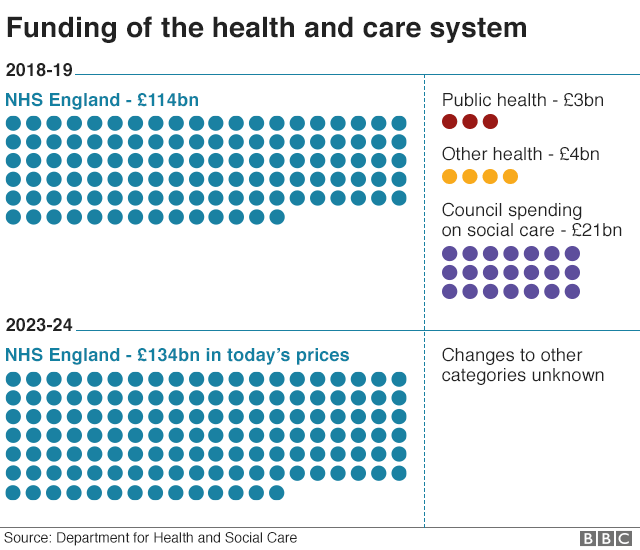



Nhs Long Term Plan Focus On Prevention Could Save 500 000 Lives c News




Uk Health Spending Institute For Fiscal Studies Ifs
Direction for the NHS, describes the government's healthcare priorities and helps to ensure the NHS is accountable to Parliament and the public The Government's mandate to the NHS for 17/18 can be viewed on the Department of Health and Social Care (DHSC) website2 and the report in Appendix 1 shows how we have delivered against it The government's spending on management consultants in the NHS has trebled during 1619 despite pledges by successive health secretaries to curb spending on external advisers The Department of Health and Social Care and its arm's length bodies spent £2265m on management consultants in 1819, up from £1410m in 1718 and £653m in 1617, In the UK, publicly funded social care is mainly paid for by local councils, not the NHS In 1718, local authorities in England spent £213bn on social care




National Health Service Wikipedia




The Nhs Budget And How It Has Changed The King S Fund
In 1718 the trust spent £2m on taxis but this rose to £41m in 1819 The trust has been approached for comment A Department of Health and Social Care spokesperson said "We are committed to a worldclass NHS at the point of use and the proportion of spend on the independent sector in the last financial year is at the same level as In 18, the government set out (and updated, alongside the NHS long term plan) the funding increase that NHS England would receive between 18/19 and 23/24 Allowing for the latest inflation estimates, NHS England's budget is due to increase in real terms by £7bn – an average of 33% per year The regulator warned that the NHS's struggles to recruit and retain staff were so difficult that vacancies would become even more common during the rest of 1819 The NHS was short of 41,722




Is The Nhs The World S Best Healthcare System Nhs The Guardian




Jeremy Hunt The Government S Mandate To Nhs England For 18 19
Department of Health and Social Care Published Ref ISBN , HC 2344 1819 PDF, 496MB Financial assistance under section 40 of the National Health Service Act 06 PDF They will show that NHS trusts that care for patients in England are now expected to end 1819 about £900m in deficit – far more than the £500m original target that ministers and NHSH NHS The NHS in England planned to spend £122 billion on mental health in 18/19 That's roughly one in every ten pounds spent by the Department of Health and Social Care Looking at how spending on mental health has changed over the years is
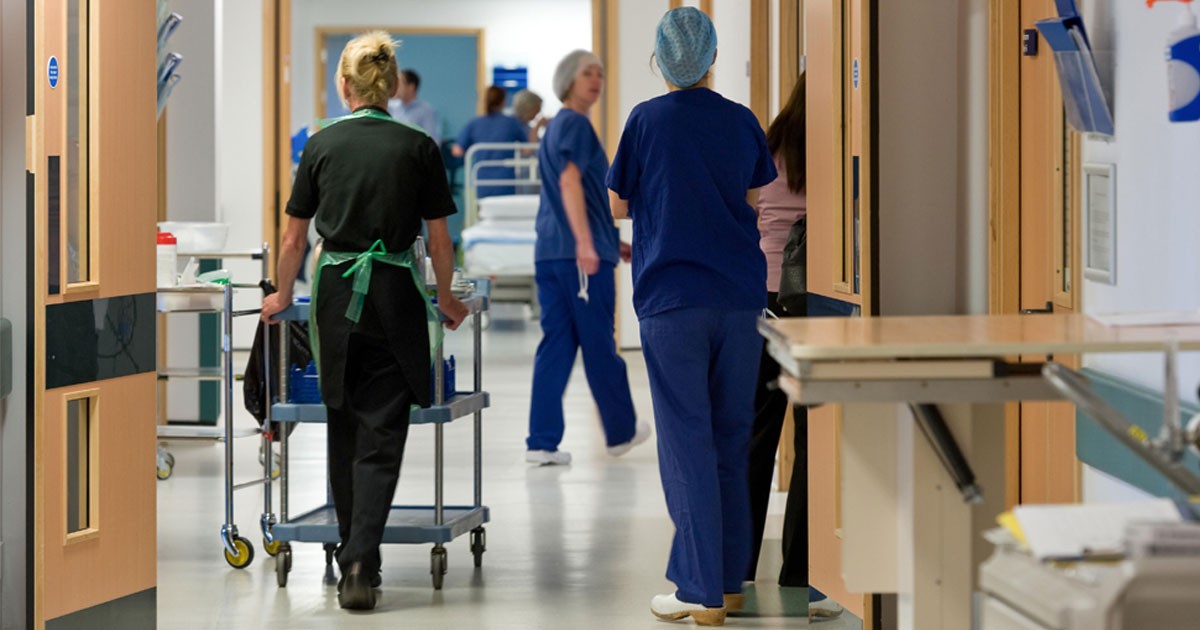



Spending On The Nhs In England Full Fact
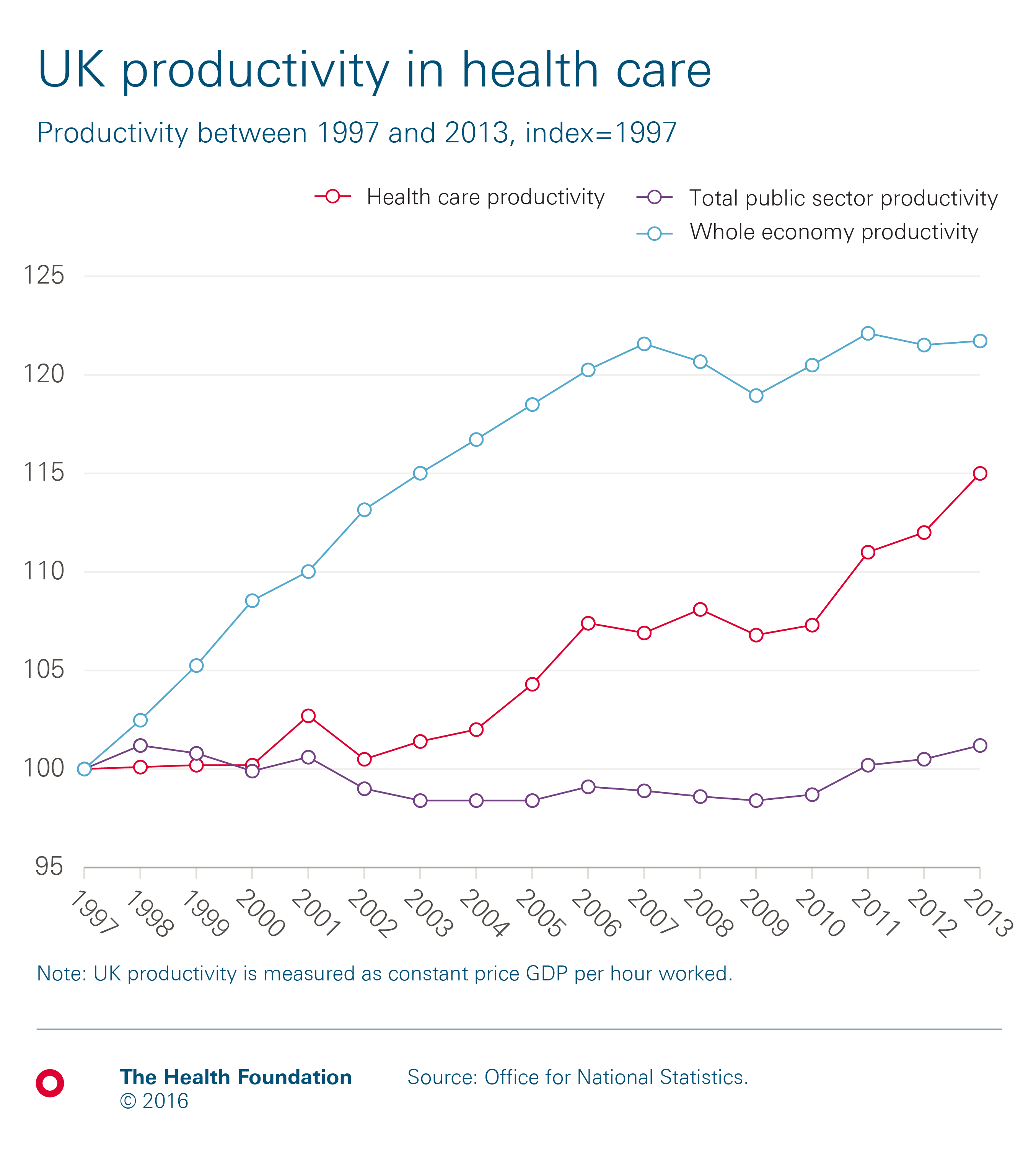



Health And Social Care Funding Explained The Health Foundation
Get in touch with us now , Healthcare spending in the United Kingdom (UK) has gradually increased since 1997 when it amounted to 65 billion British pounds By This joint briefing with the Health Foundation, The King's Fund and Nuffield Trust looks at the detail within the 18 Budget The 18 Budget reiterated the government's promise of £5bn in additional funding for NHS England by 23/24 and also included extra money for social care The briefing unpicks what the budget really means for the NHS, social care and other key areas of health spending such as public healthSocial care strategy and advice NHS financial management Funding, financial entitlements, allocations Help with health costs Low income scheme, NHS travel costs General practice management General Medical Services (GMS) contract, indemnity, data sets




The Nhs Budget And How It Has Changed The King S Fund




Budget 18 What It Means For Health And Social Care The King S Fund
The National Health Service, which was launched on 5 July 1948 by the then minister of health, Aneurin Bevan, to provide healthcare that was free at the point of delivery, recently celebrated its 70th anniversary But what was life like for the sick and injured before Britain had a 'free' health service?



1




Who Is To Blame For The Nhs Funding Crisis A Funding Squeeze Is Leaving The Nhs Overwhelmed




Nhs England Spending Annual Change 10 11 21 Statista
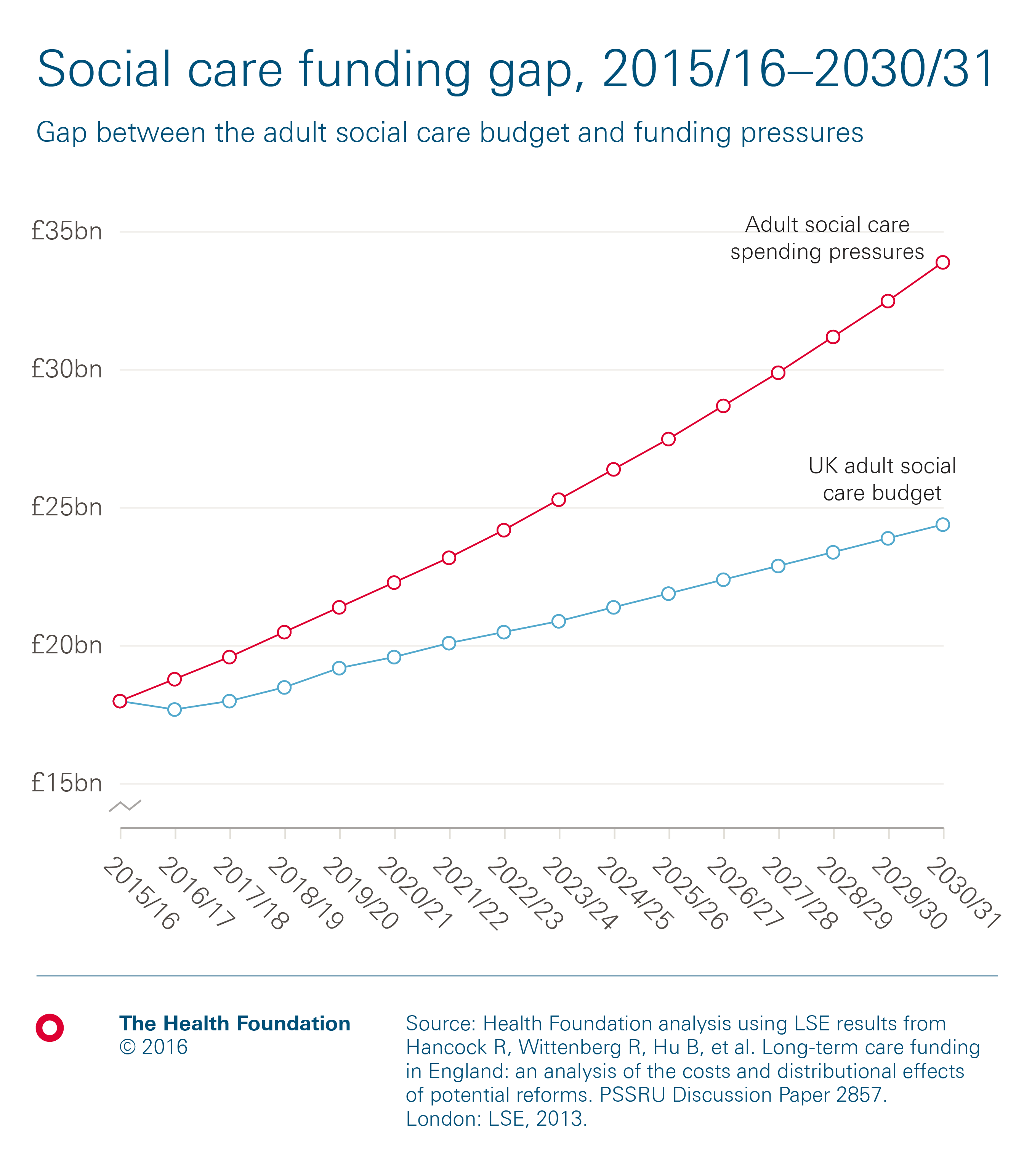



Health And Social Care Funding Explained The Health Foundation
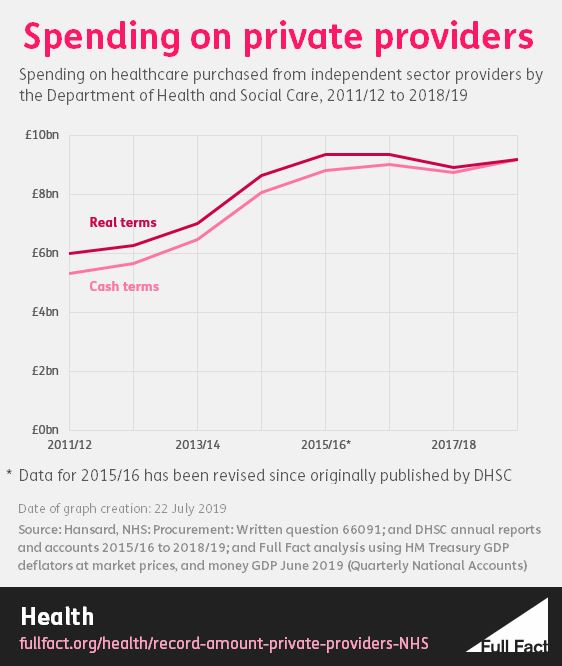



Was A Record Amount Spent On Private Providers By The Department Of Health Full Fact




Chart Of The Week How Much Additional Money Has The Pandemic Response Cost The Nhs So Far The Nuffield Trust




Nhs Foundation Trusts Operating Revenue In The Uk 18 19 Statista




The Nhs Budget And How It Has Changed The King S Fund




The Nhs Budget And How It Has Changed The King S Fund
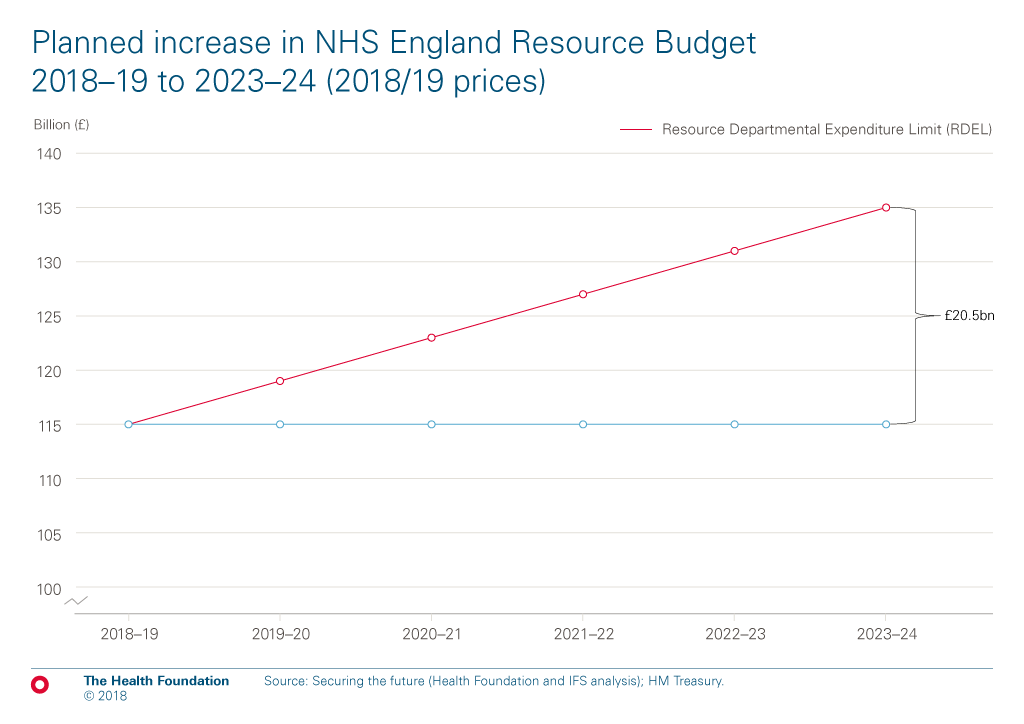



Running To Stand Still Why 5bn Is A Lot But Not Enough To Do Everything The Health Foundation




National Health Service Wikipedia




Performance Of Uk National Health Service Compared With Other High Income Countries Observational Study The Bmj




Health And Care Spending And Its Value Past Present And Future Rcp Journals
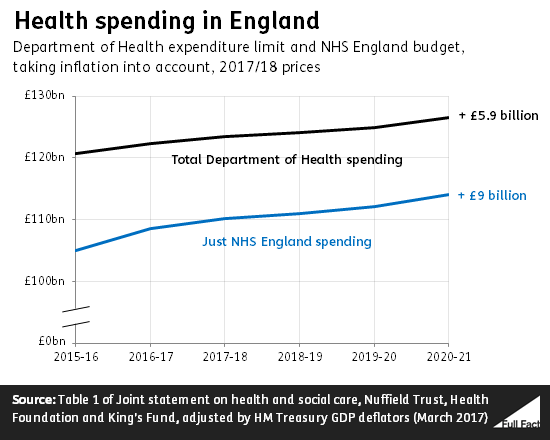



Has The Nhs Got The Money It Asked For Full Fact




The Nhs Budget And How It Has Changed The King S Fund




Health Social Care Bloom



Nhs Funding Bill 19 House Of Commons Library




Uk Health Spending Institute For Fiscal Studies Ifs
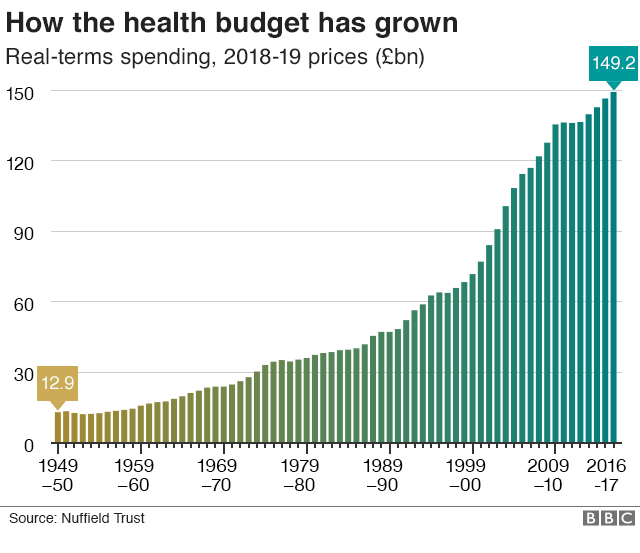



The History Of The Nhs In Charts c News




This Is What S Happening To Nhs Spending On Public Health The Bmj




11 Charts On The Problems Facing The Nhs c News
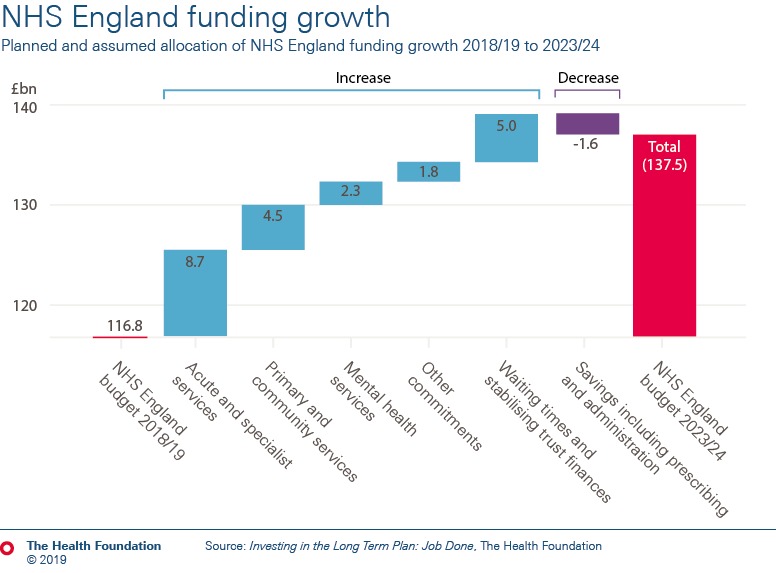



Health And Social Care Funding The Health Foundation




Key Facts And Figures About The Nhs The King S Fund
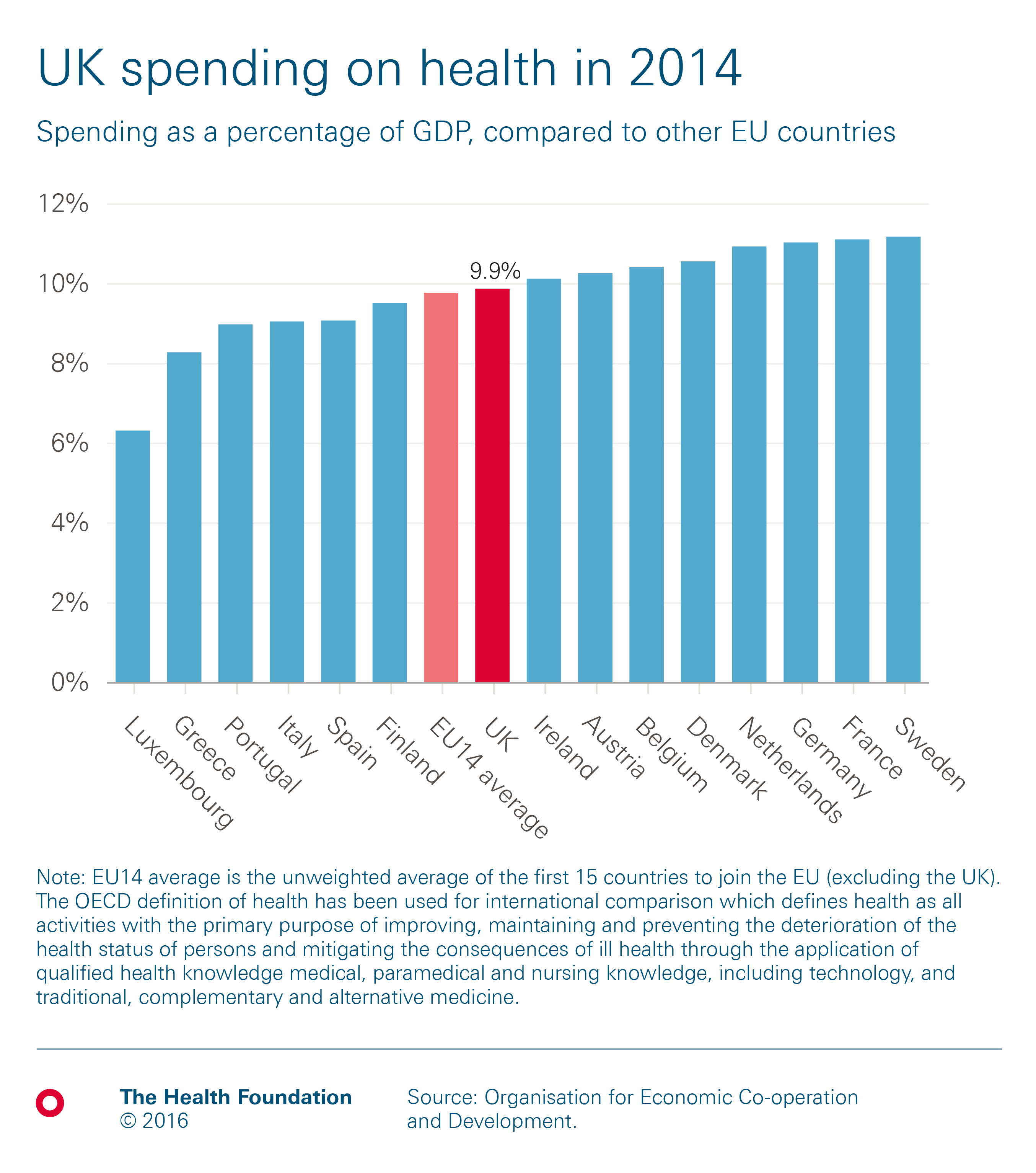



Health And Social Care Funding Explained The Health Foundation
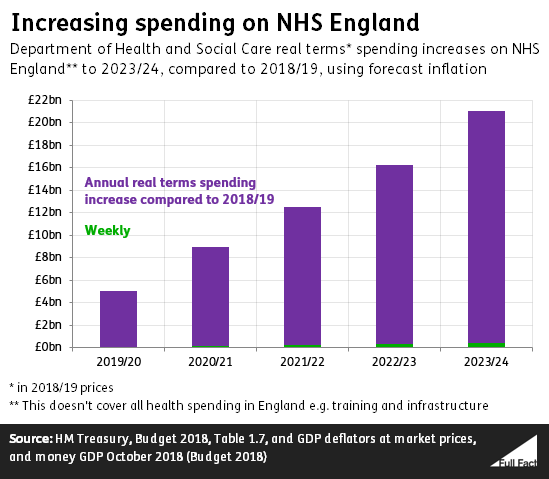



Nhs England 394 Million More A Week Full Fact




Ifs Chancellor Ends Austerity For Public Services But Risks Breaching Current Fiscal Rules Think Tanks Official Press Release
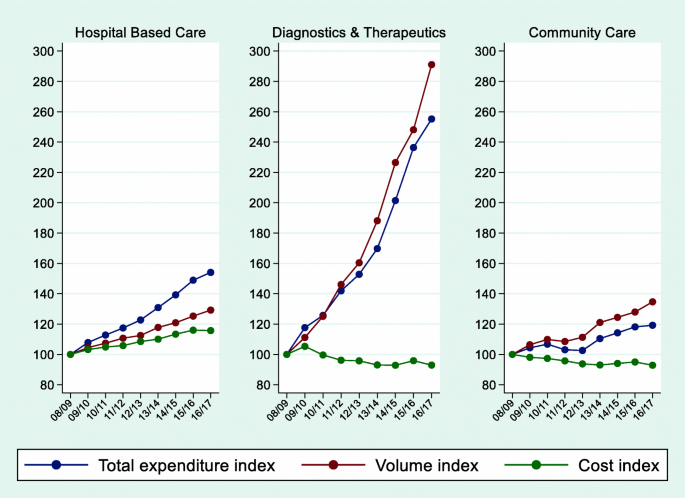



Trends In And Drivers Of Healthcare Expenditure In The English Nhs A Retrospective Analysis Health Economics Review Full Text




House Of Lords The Long Term Sustainability Of The Nhs And Adult Social Care Select Committee On The Long Term Sustainability Of The Nhs




Nhs Clinical Operating Revenue 18 19 Kingdom Statista



1
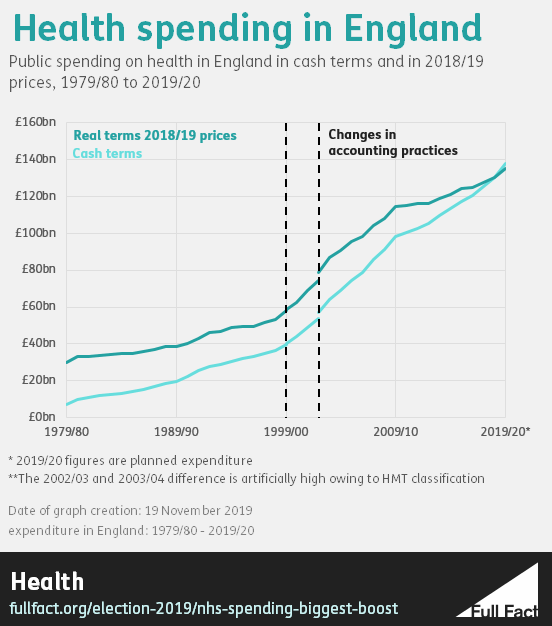



The 5 Billion Nhs England Spending Increase Is The Largest Five Year Increase Since The Mid 00s Full Fact
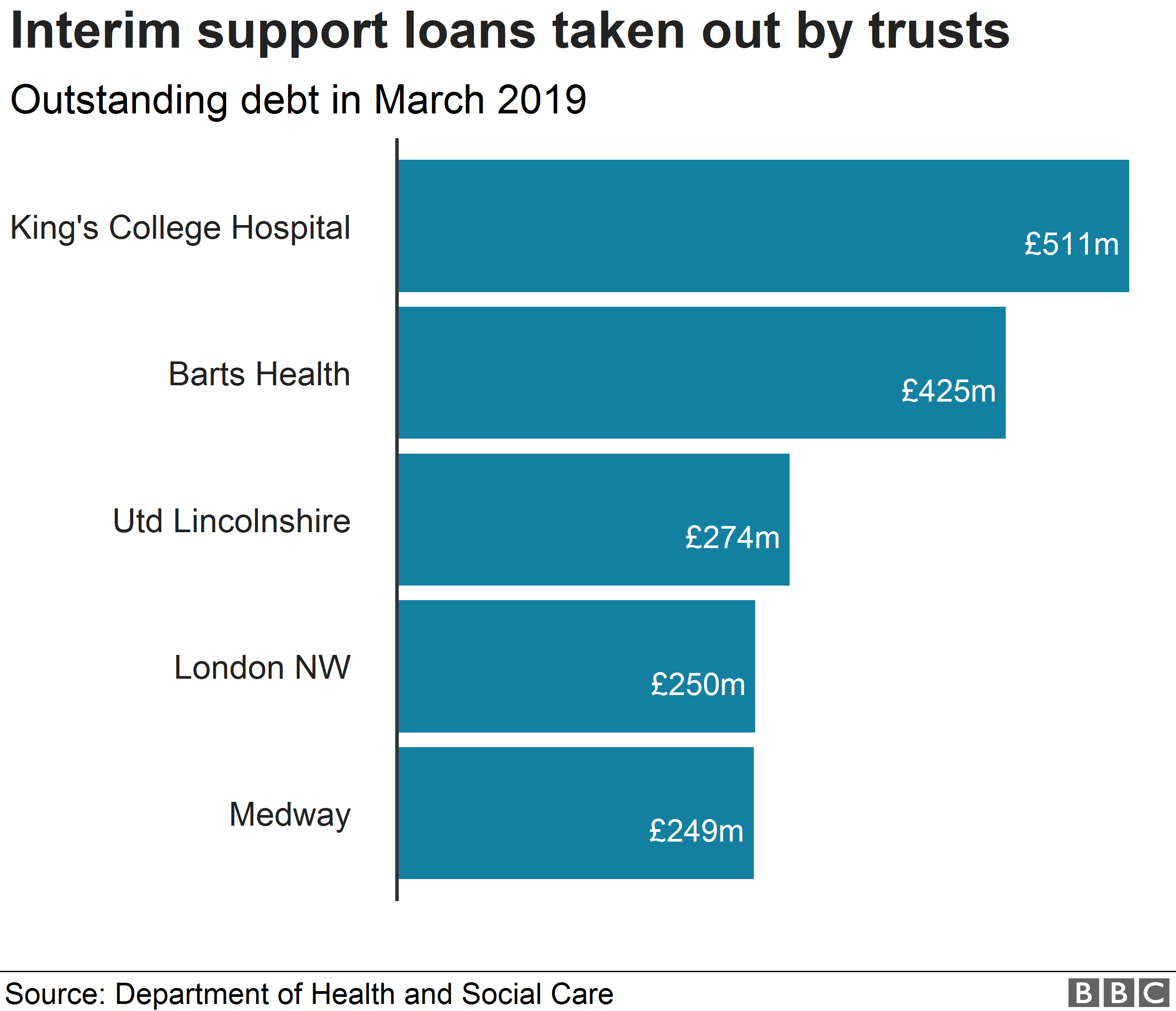



Hospitals Relying On Emergency Loans To Cover Costs c News



1




Budget 21 What It Means For Public Services The Institute For Government
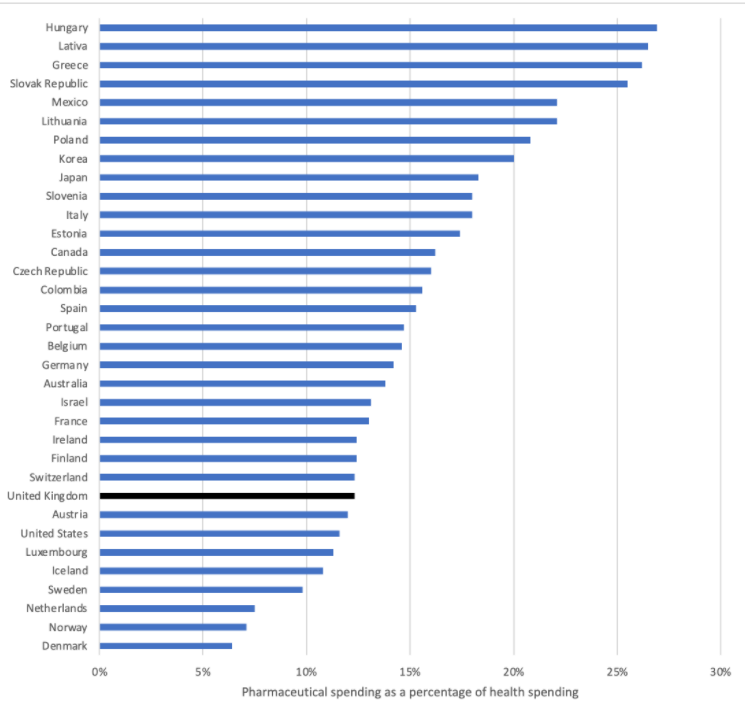



What S Affordable Anyway The Future Of Nhs Drug Spending




The National Health Service And Social Care Systems Institute For Fiscal Studies Ifs




Budget 18 1bn Real Terms Cut To Wider Health Budget The Health Foundation
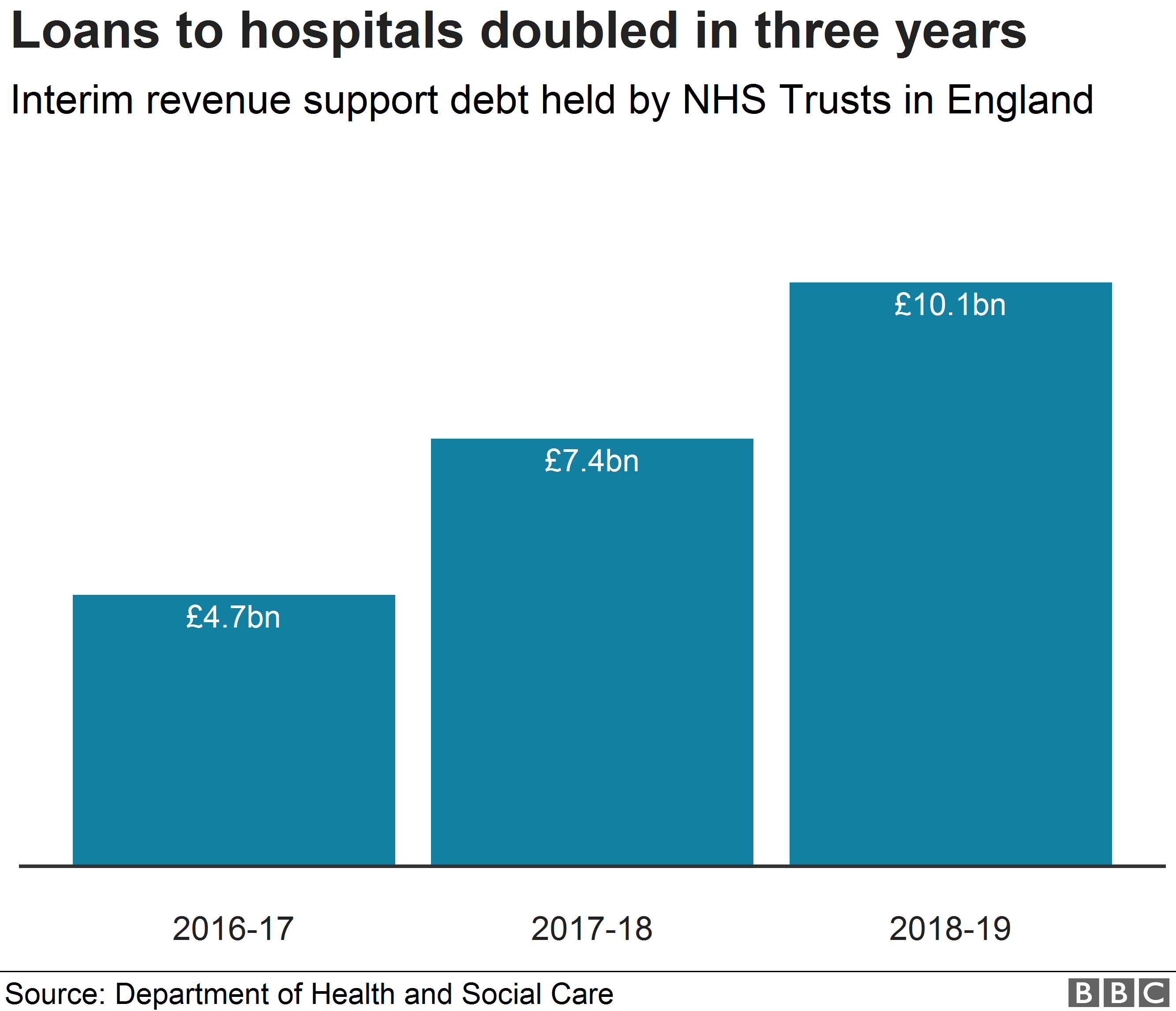



Hospitals Relying On Emergency Loans To Cover Costs c News




Performance Of Uk National Health Service Compared With Other High Income Countries Observational Study The Bmj




Adult Social Care The Institute For Government




The Health Foundation How Much Extra Funding Does The Nhs In England Require Read New Comment And Analysis From Anitacthf On The Ongoing Nhs Funding Debate In Article From The




Departmental Budgets The Institute For Government
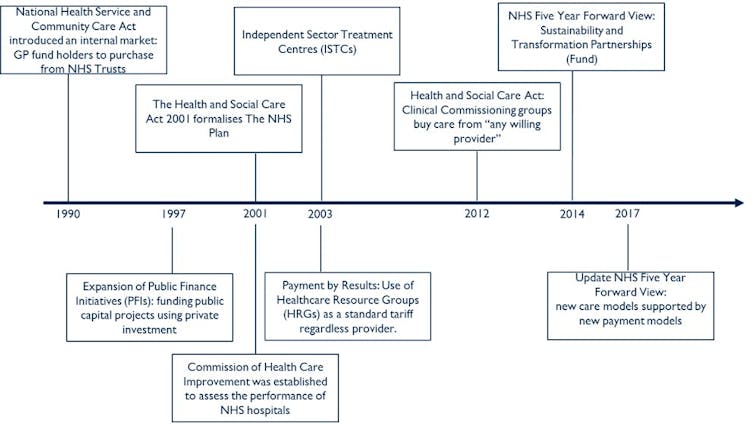



Private Sector In The Nhs Growing But Unlikely To Take Over
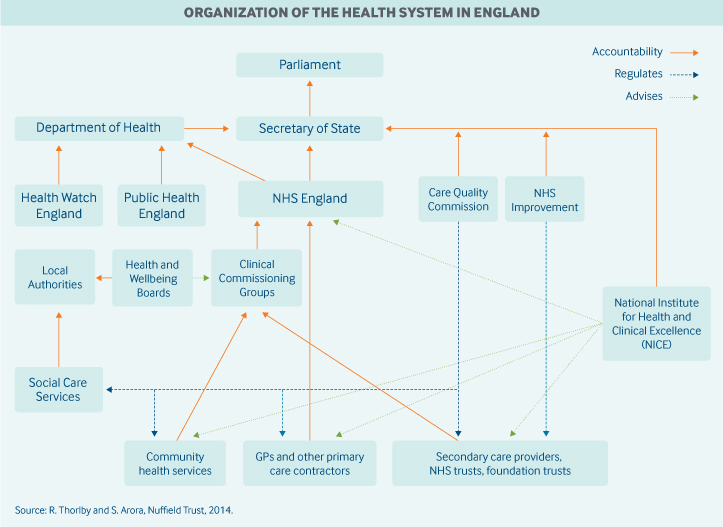



England Commonwealth Fund




The Nhs Budget And How It Has Changed The King S Fund




This Is What S Happening To Nhs Spending On Public Health The Bmj




Hospitals The Institute For Government




Public Spending On Health And Social Care Institute For Fiscal Studies Ifs
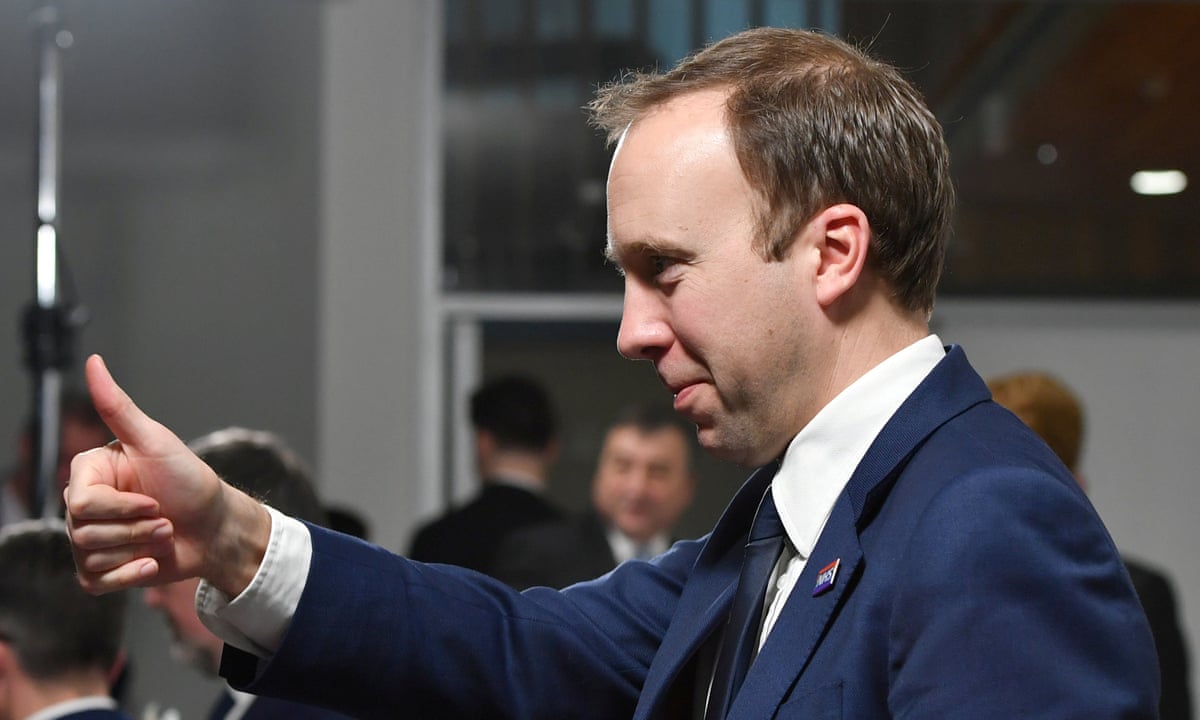



Private Firms Given 9 2bn Of Nhs Budget Despite Hancock Promise Nhs The Guardian




Flawed Data Why Nhs Spending On The Independent Sector May Actually Be Much More Than 7 British Politics And Policy At Lse



Government Spend 9 2 Billion On Private Healthcare Providers For Nhs In 18 19 Pharmafile
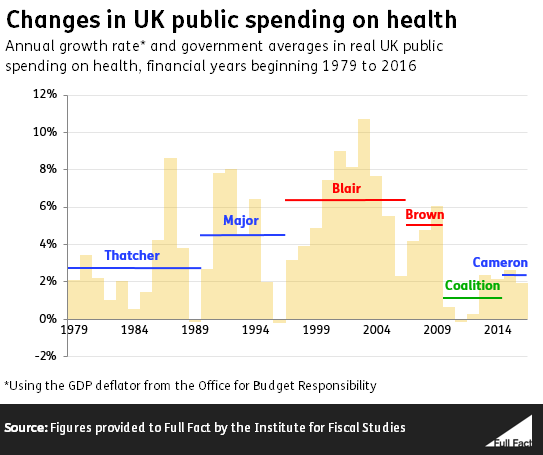



Spending On The Nhs In England Full Fact




The Nhs Budget And How It Has Changed The King S Fund



Search Q National Honor Society Tbm Isch




What S Affordable Anyway The Future Of Nhs Drug Spending




National Health Service England Wikipedia
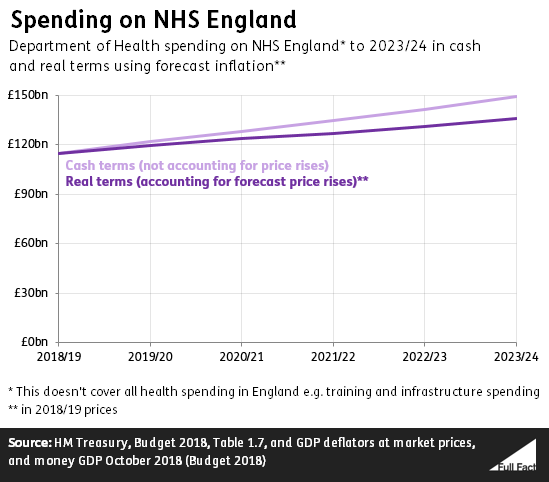



Nhs England 394 Million More A Week Full Fact




Finances The Institute For Government




Failing To Capitalise Health Foundation
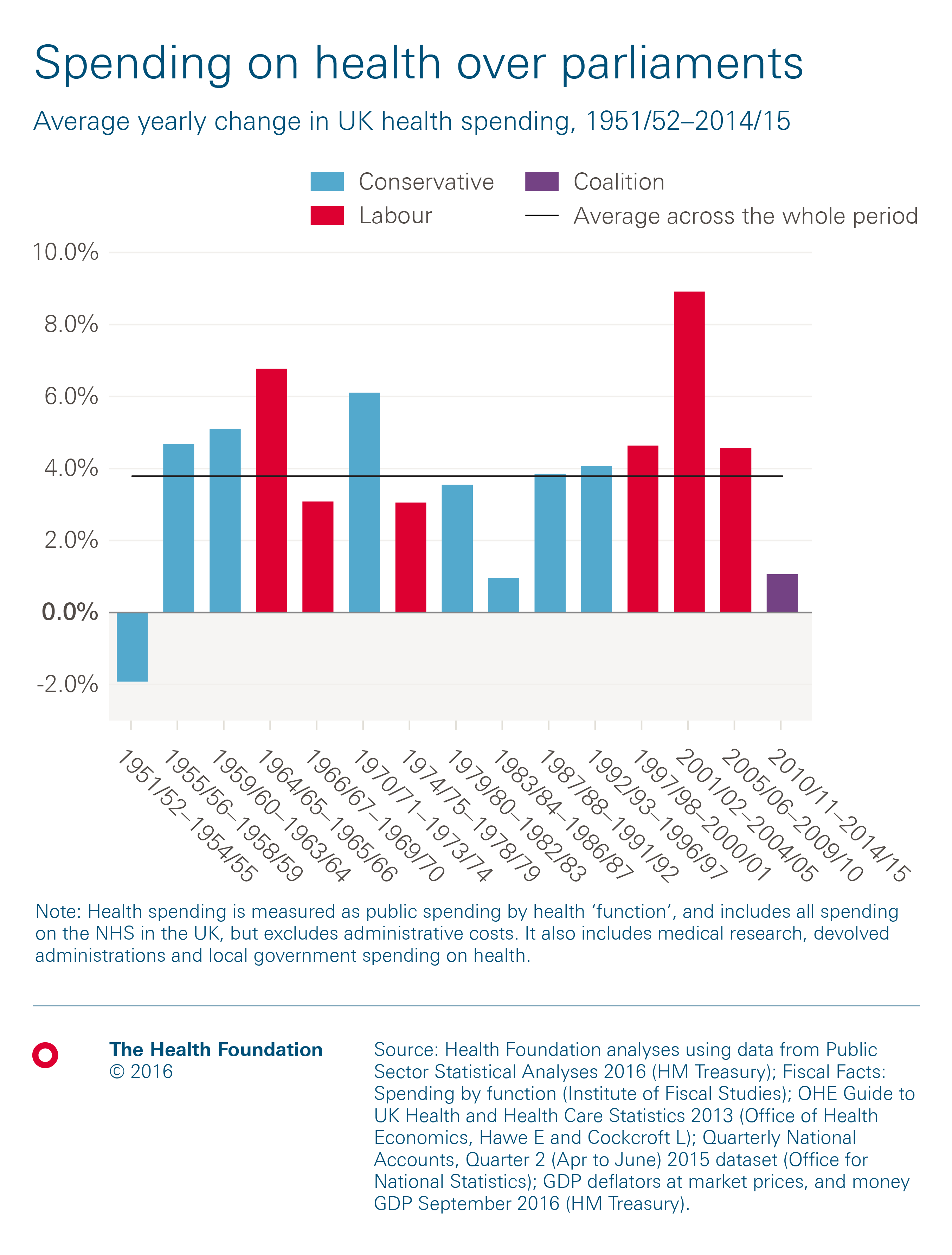



Health And Social Care Funding Explained The Health Foundation




Budget 18 What It Means For Health And Social Care The Health Foundation




Nhs Non Pay Expenditure 18 19 By Area Statista




Lse Lancet Commission On The Future Of The Nhs Re Laying The Foundations For An Equitable And Efficient Health And Care Service After Covid 19 The Lancet




Health And Social Care Funding Explained The Health Foundation




Uk S Health And Social Care Spending Plans More Of The Same The Bmj
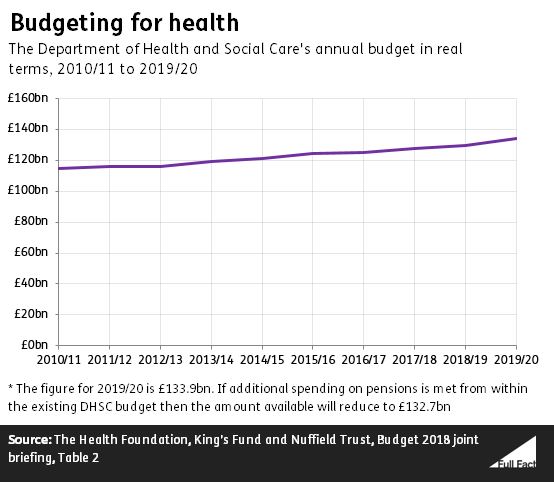



Spending On The Nhs In England Full Fact
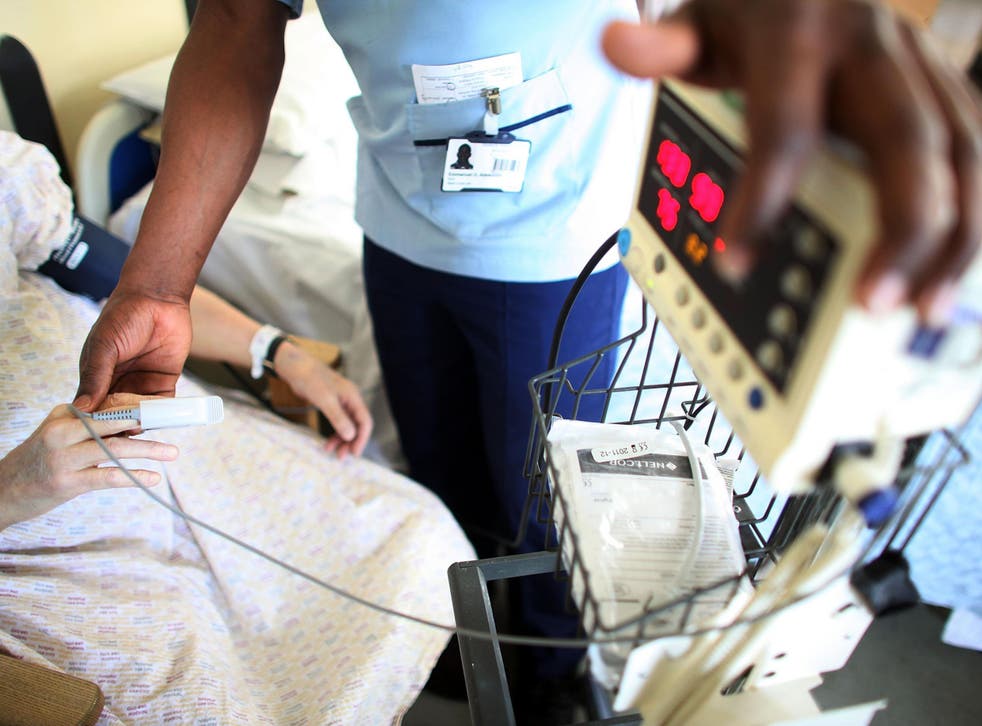



Nhs Spending Per Person Will Be Cut Next Year Ministers Confirm The Independent The Independent




Health And Social Care Funding Explained The Health Foundation




Uk Health Spending Institute For Fiscal Studies Ifs




Pdf What Is The Right Level Of Spending Needed For Health And Care In The Uk



2




This Is What S Happening To Nhs Spending On Public Health The Bmj
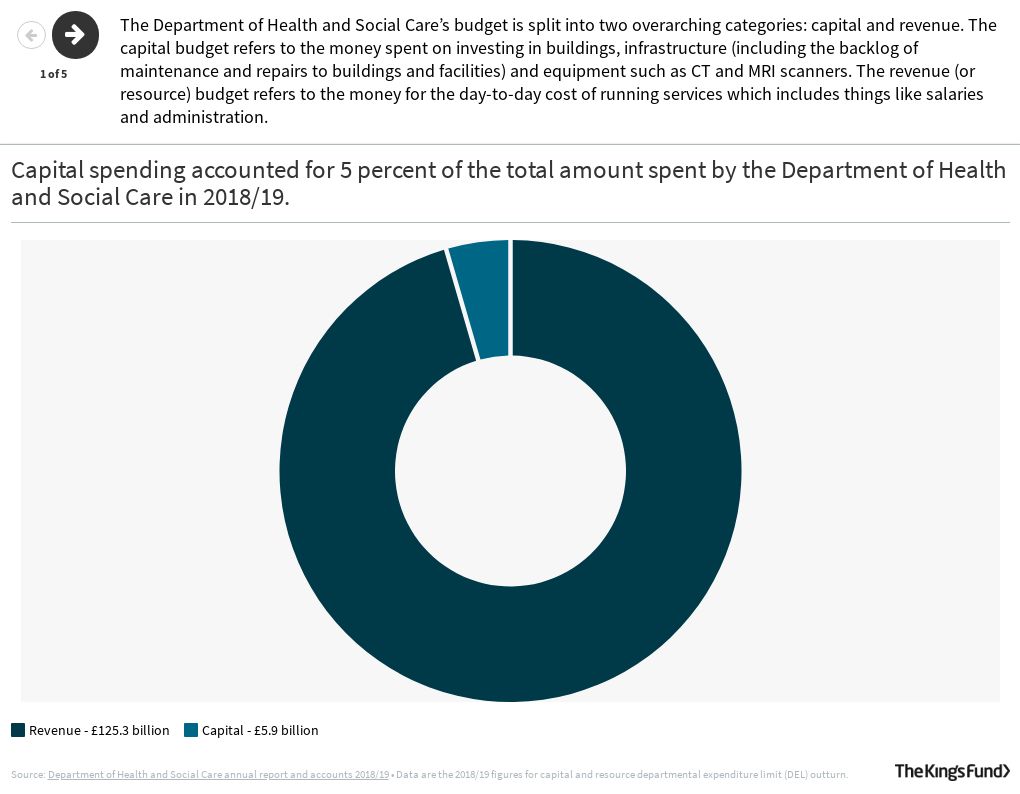



Nutshell Capital Investment In The Nhs Flourish




Is The Nhs Being Privatised The Bmj
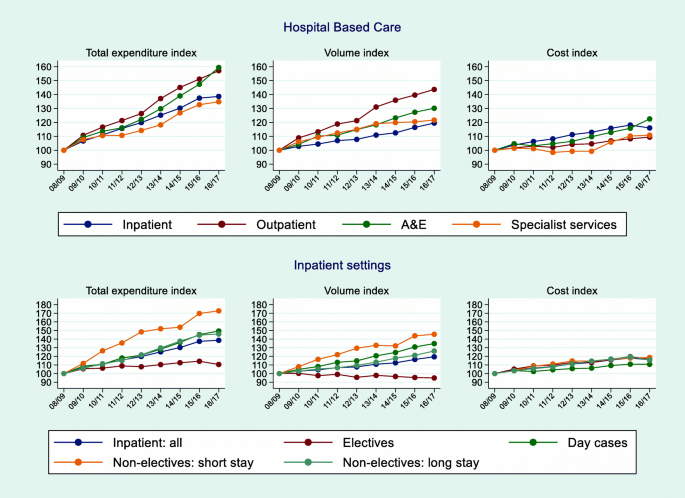



Trends In And Drivers Of Healthcare Expenditure In The English Nhs A Retrospective Analysis Health Economics Review Full Text




How Is The Nhs Structured The King S Fund




Budget 21 What It Means For Public Services The Institute For Government
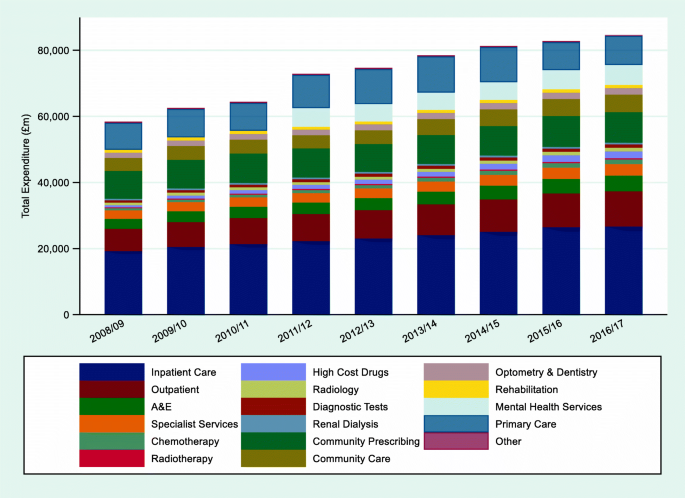



Trends In And Drivers Of Healthcare Expenditure In The English Nhs A Retrospective Analysis Health Economics Review Full Text




Departmental Budgets The Institute For Government



Delivering A Health System Fit For The Future Reform Spending


